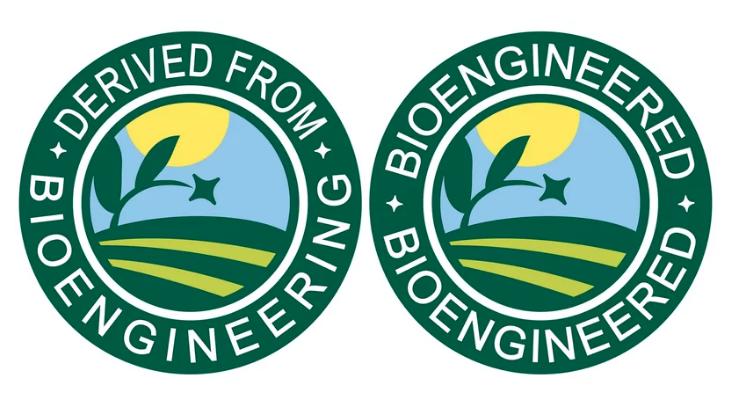Reading food labels or rather interpreting them correctly is becoming increasingly difficult. Most of us are familiar with the term GMO — short for genetically modified organism, but only few have heard of “bioengineered food,” the label that keeps appearing on food packaging more often now for those who pay attention.
Things are getting more confusing as these terms are frequently used interchangeably which may create an impression that bioengineered food is a new and fancier name for GMO. But is it so? The US Food and Drug Administration defines a GMO as an organism (usually a plant or animal) produced through genetic modification. Typically, this means inserting the genes of another species into a plant or animal.
What is bioengineered food (BE)? NBFDS (National Bioengineered Food Disclosure Standard) defines bioengineered food as “those that contain detectable genetic material that has been modified through certain lab techniques and cannot be created through conventional breeding or found in nature.” After doing some research, I can conclude that both are similar indeed, but it seems that GMO is a broader term where BE comes as one of its types. Basically, all BE food is GMO, but not all GMO is BE.
There are two main arguments against genetically modified food: potential health effects and potentially detrimental environmental impacts.
There is currently no hard evidence of harmful effects in either domain, though it is hard to know with certainty, because very little effort goes into looking for harm. As the saying goes, “Absence of evidence is not evidence of absence.” In other words, just because we haven’t found it, it doesn’t mean it doesn’t exist.
Nobody knows with certainty what the long-term implications are as these are relatively new technologies. There are no long-term studies. Bioengineered foods may be safe — in fact, the American Medical Association, the National Academy of Sciences, the American Association for the Advancement of Science, and the World Health Organization all tell us that they probably are. But many people, especially in our community, express concerns about trusting these entities and their statements. Some controversial studies link BE crops to toxic and allergic reactions in people, sickness, sterility, and fatalities in livestock.
We wanted to bring this issue to your attention so you could do your own research and make more informed decisions.
Be well,
Katerina
Resources:
Genetically Modified Foods: Breeding Uncertainty
GMO is out, ‘bioengineered’ is in, as new U.S. food labeling rules take effect
What is the List of Bioengineered Foods?




